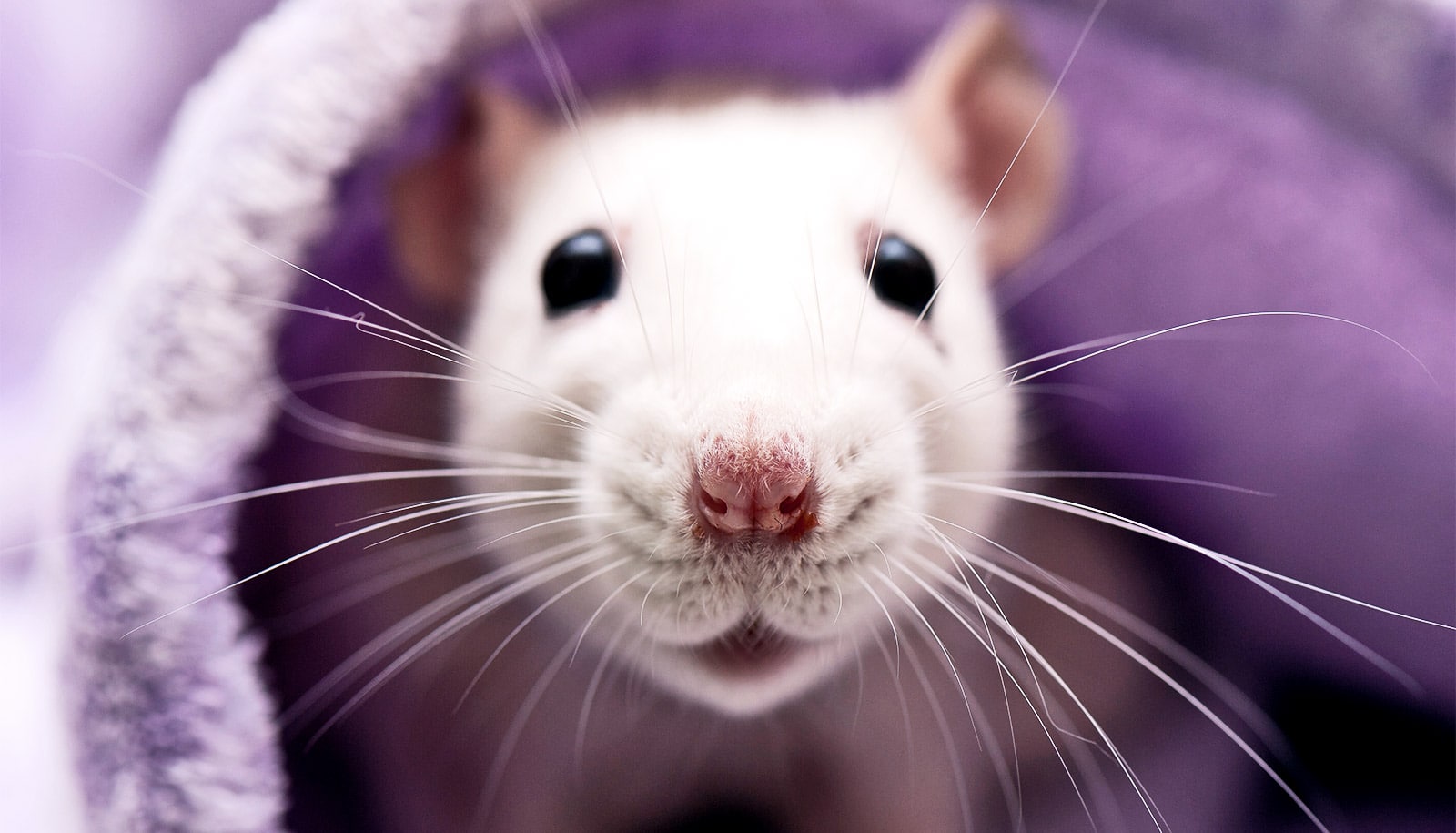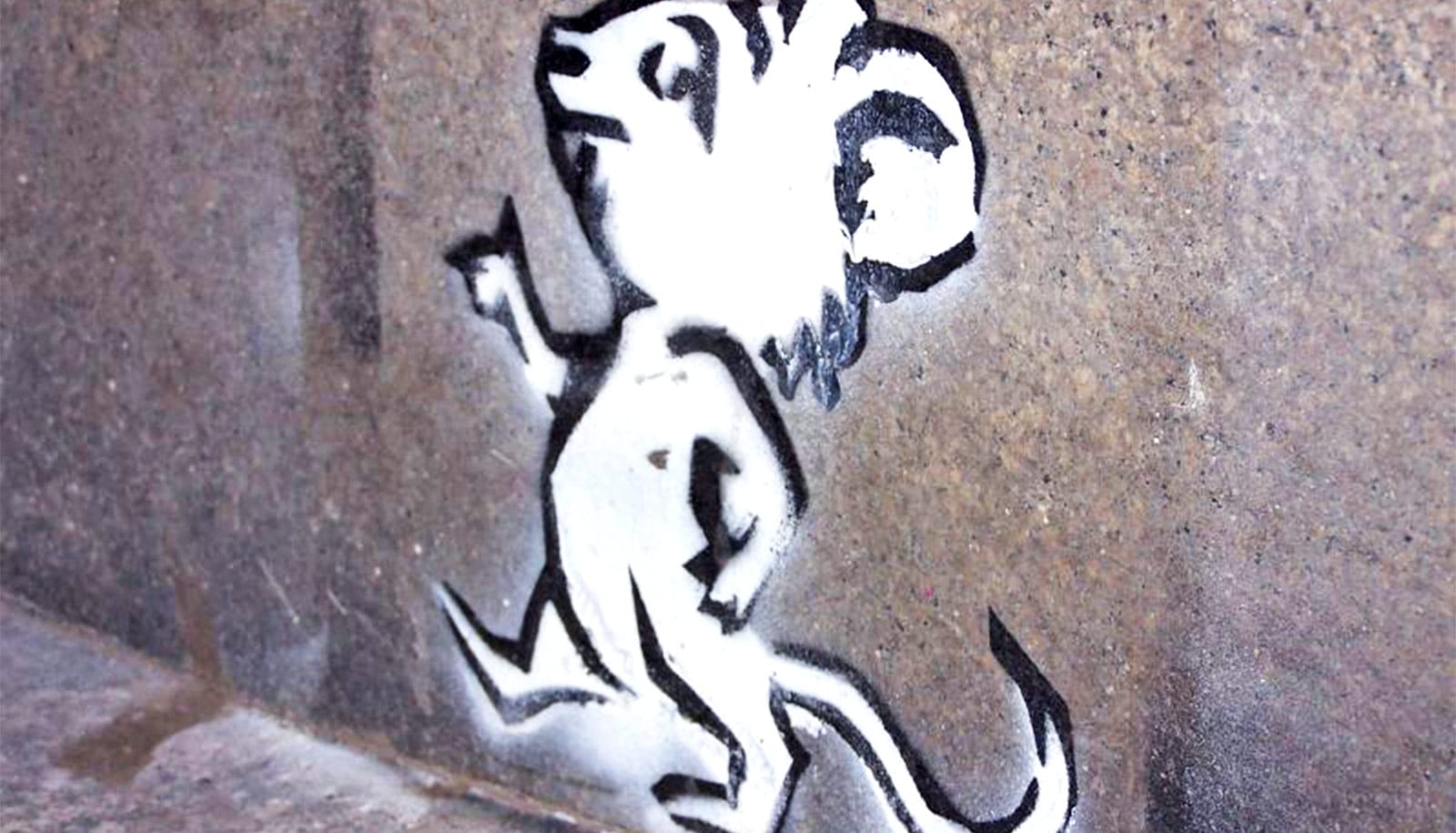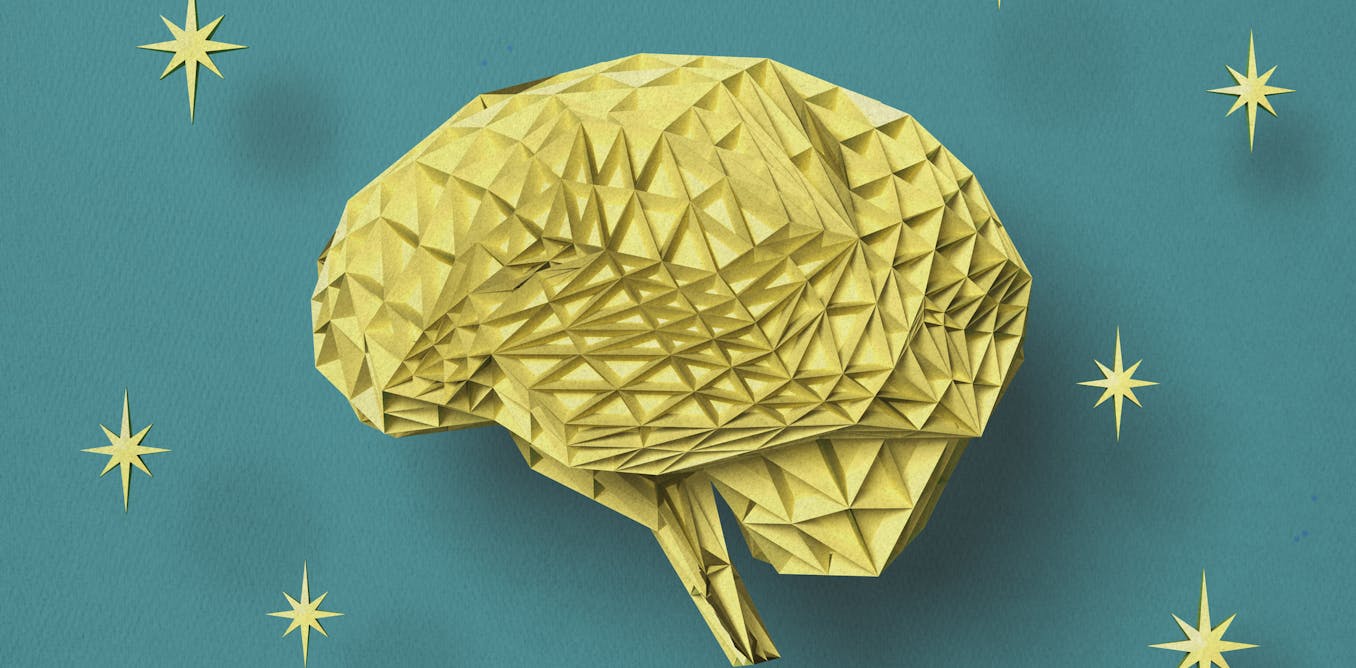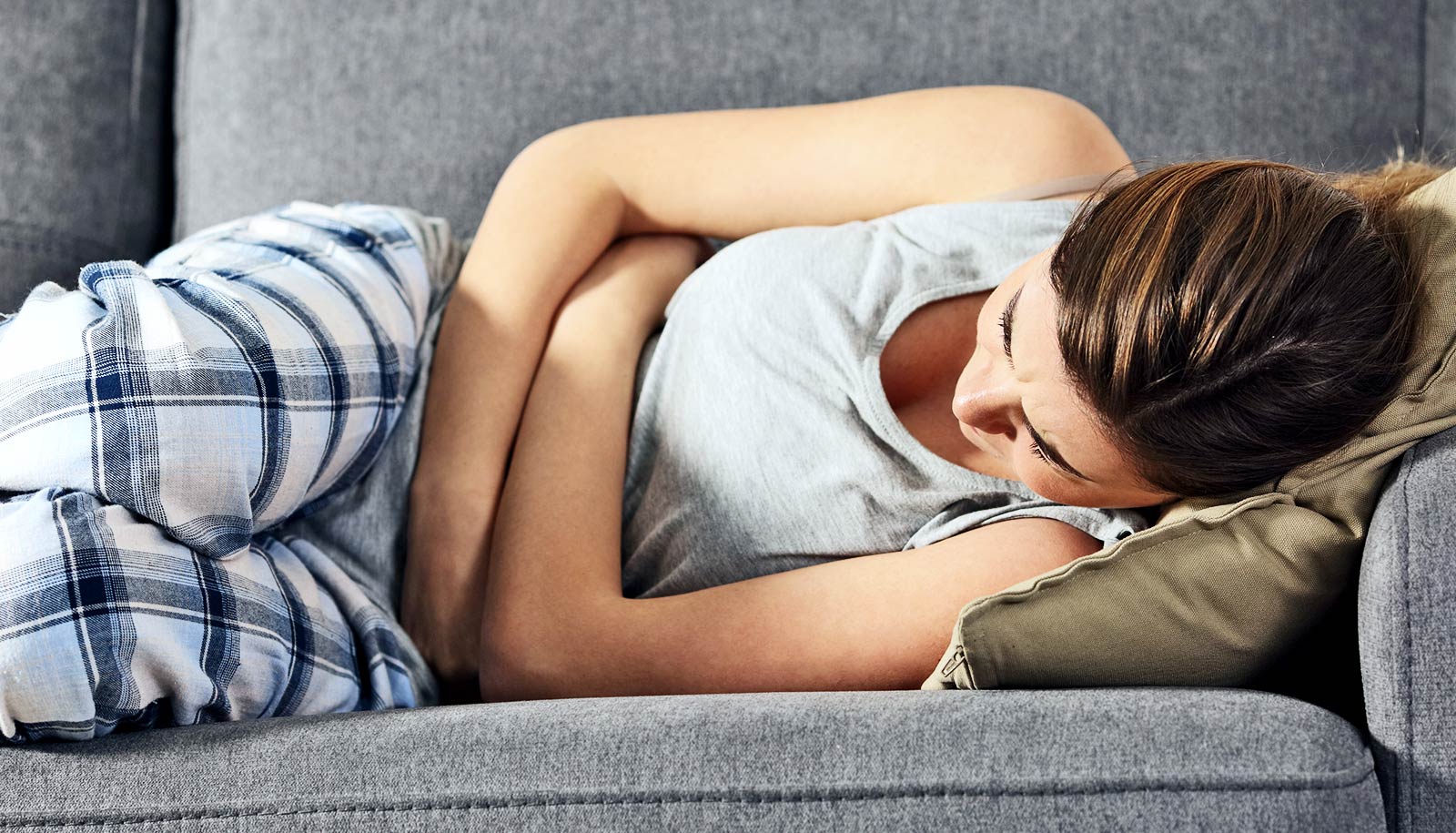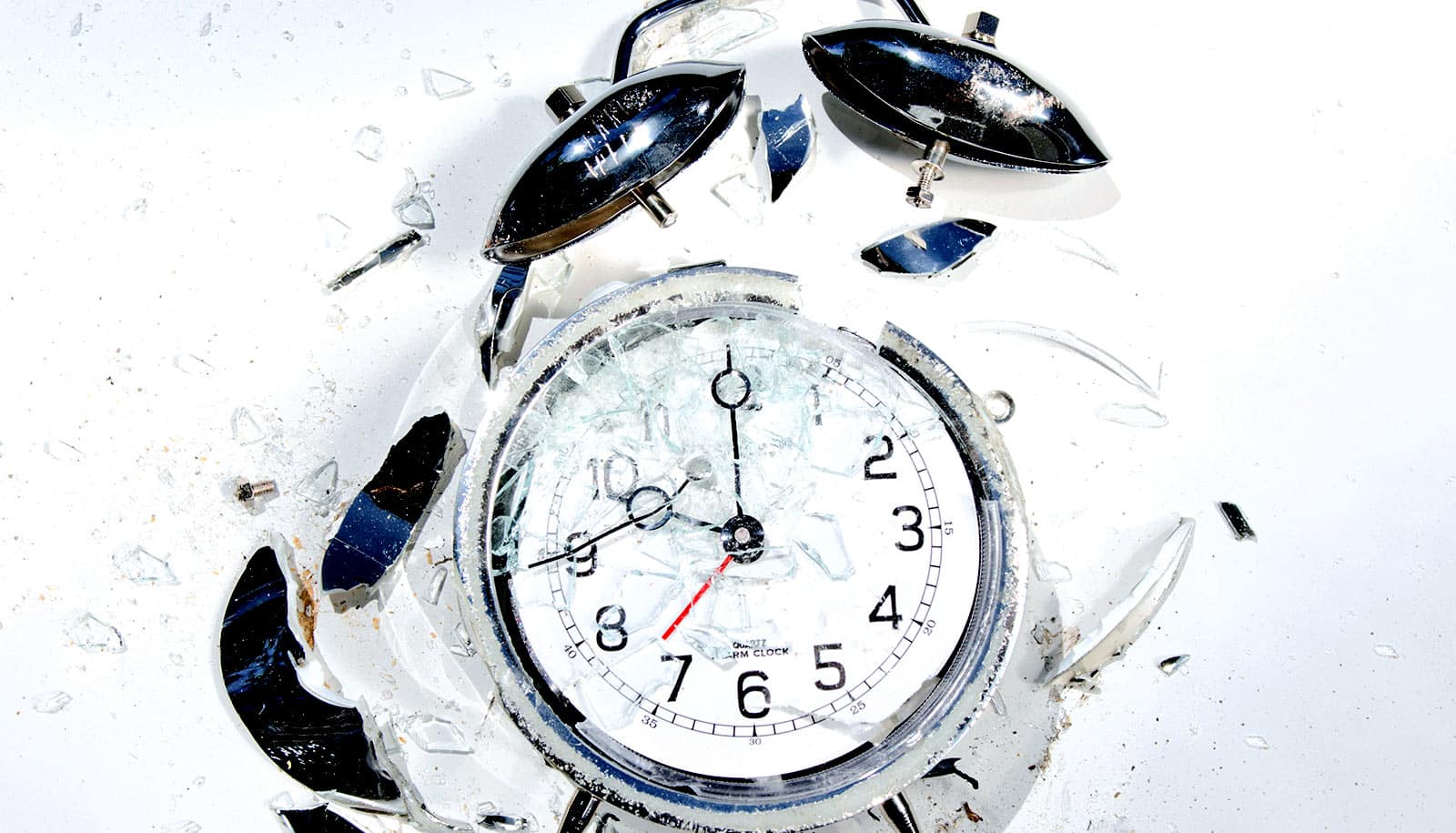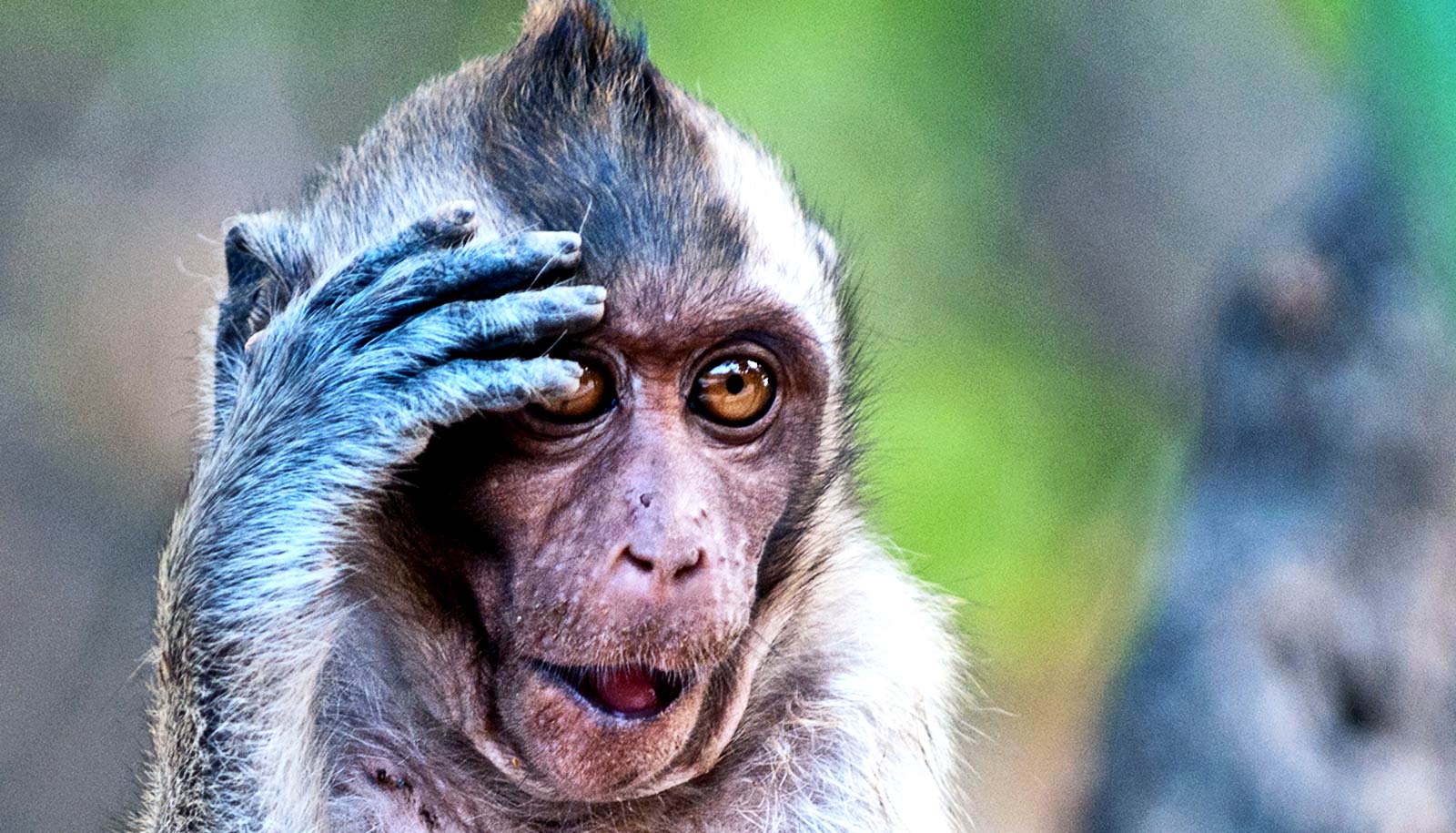Brain wrinkles and folds matter – researchers are studying the mechanics of how they form
Understanding how brain folding works could help researchers better diagnose and treat neurodevelopmental disorders.
Weiying Dai, Assistant Professor of Computer Science, Binghamton University, State University of New York •
conversation
Dec. 16, 2021 • ~8 min
Dec. 16, 2021 • ~8 min
Mapping how the 100 billion cells in the brain all fit together is the brave new world of neuroscience
Scientists have been mapping the brain for centuries. New visualization tools bring them one step closer to understanding where thoughts come from and new ways to treat neurological disorders.
Yongsoo Kim, Associate Professor of Neural and Behavioral Sciences, Penn State
• conversation
Nov. 18, 2021 • ~8 min
Nov. 18, 2021 • ~8 min
The 2021 Nobel Prize for medicine helps unravel mysteries about how the body senses temperature and pressure
The joint award recognizes the long road to deciphering the biology behind the brain’s ability to sense its surroundings – work that paves the way for a number of medical and biological breakthroughs.
Steven D. Munger, Professor of Pharmacology and Therapeutics, University of Florida •
conversation
Oct. 5, 2021 • ~9 min
Oct. 5, 2021 • ~9 min
/
19

